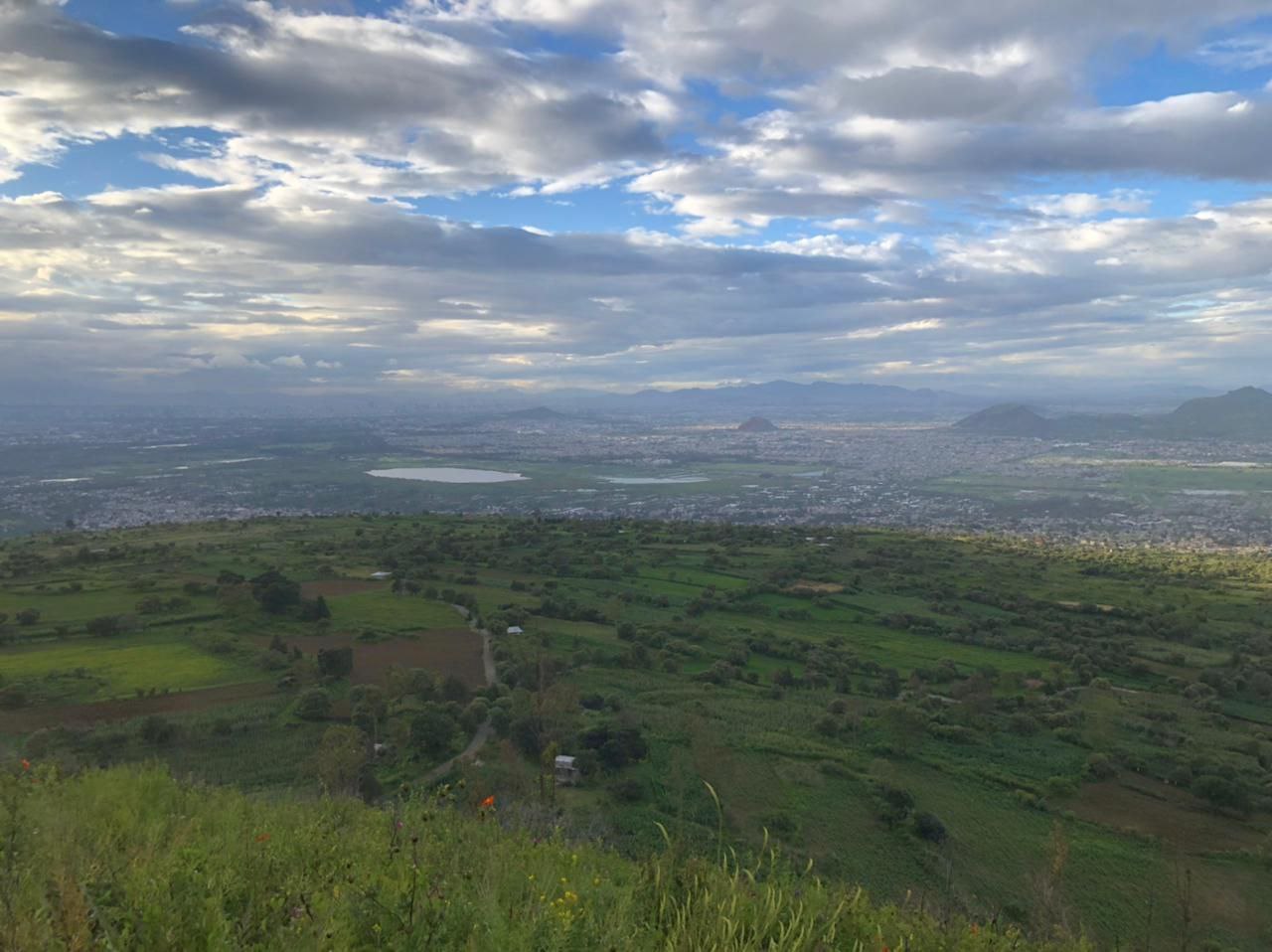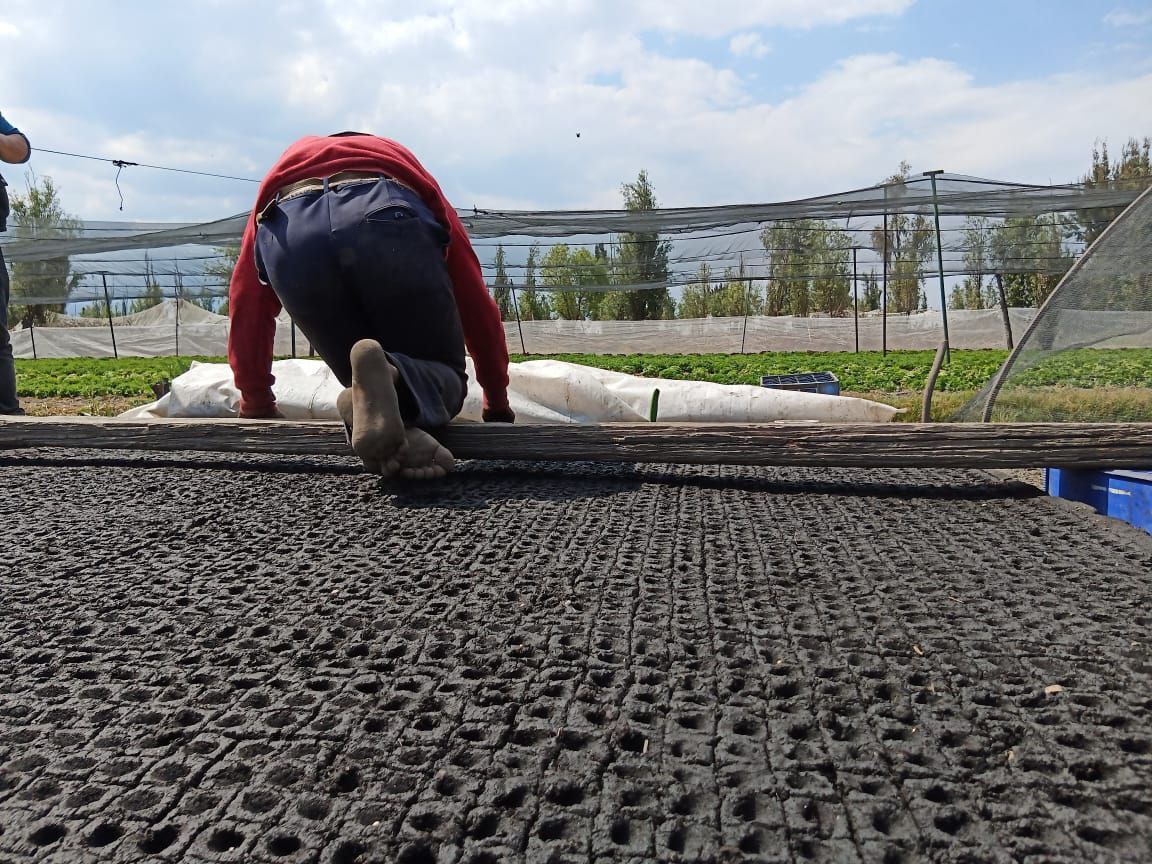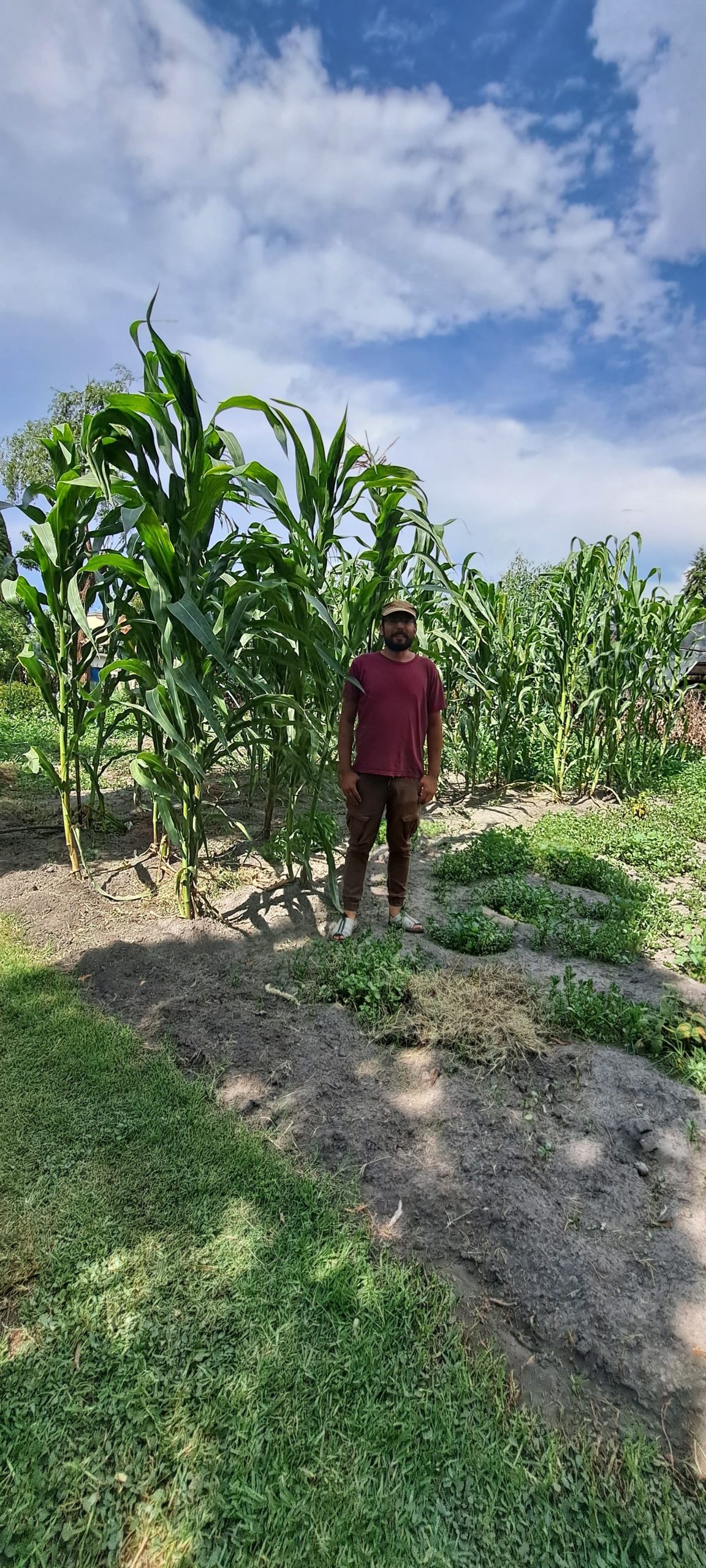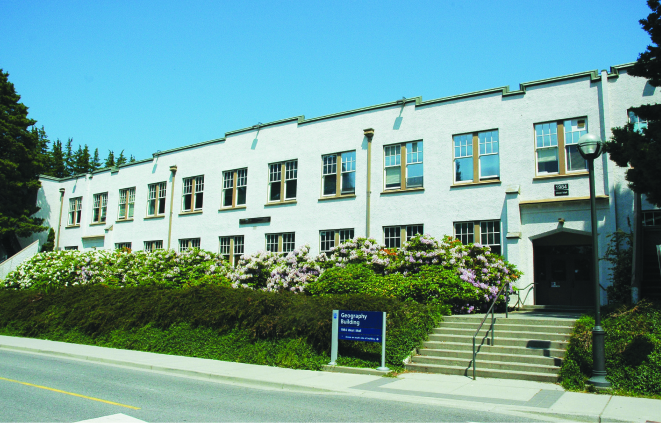Join us in celebrating PhD candidate Daniel Pérez Gámez, recipient of the 2024 University of California President’s Postdoctoral Fellowship. This two-year award will allow Daniel (he/him) to commence his postdoctoral studies at the University of California upon the expected completion of his PhD in July of this year. One of 23 awards bestowed in 2024, this fellowship will provide salary funding and support for research and travel. The program’s aim “…is to provide research opportunity and career development for scholars whose work will enhance the diversity of the academic community at the University of California.”


Credit: Sergio Beltrán-García
Daniel’s work centers around the Indigenous forms of political and urban organization specifically in relationship to modern Mexico and Abya Yala. He has long been interested in tracing the intersections between his family cultural history and history of central Mexico. This deep personal connection to his work has shaped the path of his research over the years. Exploring the rich cultural history of Mexico’s multiethnic urban centers has revealed much about Indigenous urbanization and cultural practices.
“I’m trying to go against this idea that cities and major metropolitan areas are recent or modern spaces. I’m exploring how they are actual ancestral territories. And what the processes of urbanization looked like for the historical inhabitants of these places. These things have been obscured or ignored in contemporary urban studies,” Daniel explains.


Overview of Xochimilco’s wetlands from the Teuhtli volcano. Credit: Xochiquetzal Mendoza
Daniel uses a combination of participatory-action methods and critical archival analysis in his work, often partnering with community organizations to explore various research subjects relevant to their causes. His collaborations with grassroots organizations create opportunities for political engagement and social change. Currently his work focuses on a project with communities in southern Mexico City on cultural revival and the preservation of chinampa agricultural sites. This Mesoamerican agricultural technique builds up small areas of fertile soil within lake beds to cultivate local crops. This sustainable farming method removes nutrient rich soil from the lakebed to build up the fields and keep the crops well-watered. Despite a rich historical legacy and the effectiveness of this ancient urban ecology system, many chinampa environments are not valued by governing powers and are under constant threat of redevelopment. Daniel and his collaborators are working to uncover and document the impactful history of the chinampas to safeguard their future use.

Seeding process in a chinampa. Credit: Xochiquetzal Mendoza

Chinampa agriculture. Credit: Xochiquetzal Mendoza

Daniel standing next to maize crops. Credit: Xochiquetzal Mendoza

Government employees and private contractors dumping rubble on chinampa conservation wetlands. Credit: Joshua Nichols
“I’m interested in provoking people to think about alternative forms of sovereignty and governance that are not inherently tied to modern nation states and their institutional frameworks. Rather I want to highlight other forms of organization that are not recent or new, ones that precede contemporary nations. These are important for us to learn about how to tackle the environmental catastrophes we are facing today. They lead the way towards sustainability, that is why they have endured for so long.”
Daniel hopes to continue this important work as he moves on to his postdoctoral studies with this fellowship. His future research will trace the urban and environmental transformations of chinampa wetlands using oral histories. This award’s acknowledgement of Daniel’s dedication to this work is deeply appreciated.
“I’ve faced many obstacles and struggles on my journey through academia as a first-generation scholar. Receiving this fellowship feels like I’ve been rewarded for all my hard work throughout the years. I’m really grateful to have this opportunity and to be able to focus on my research entirely,” reflects Daniel.
We are excited to see which directions Daniel’s new opportunities will take his important work.


